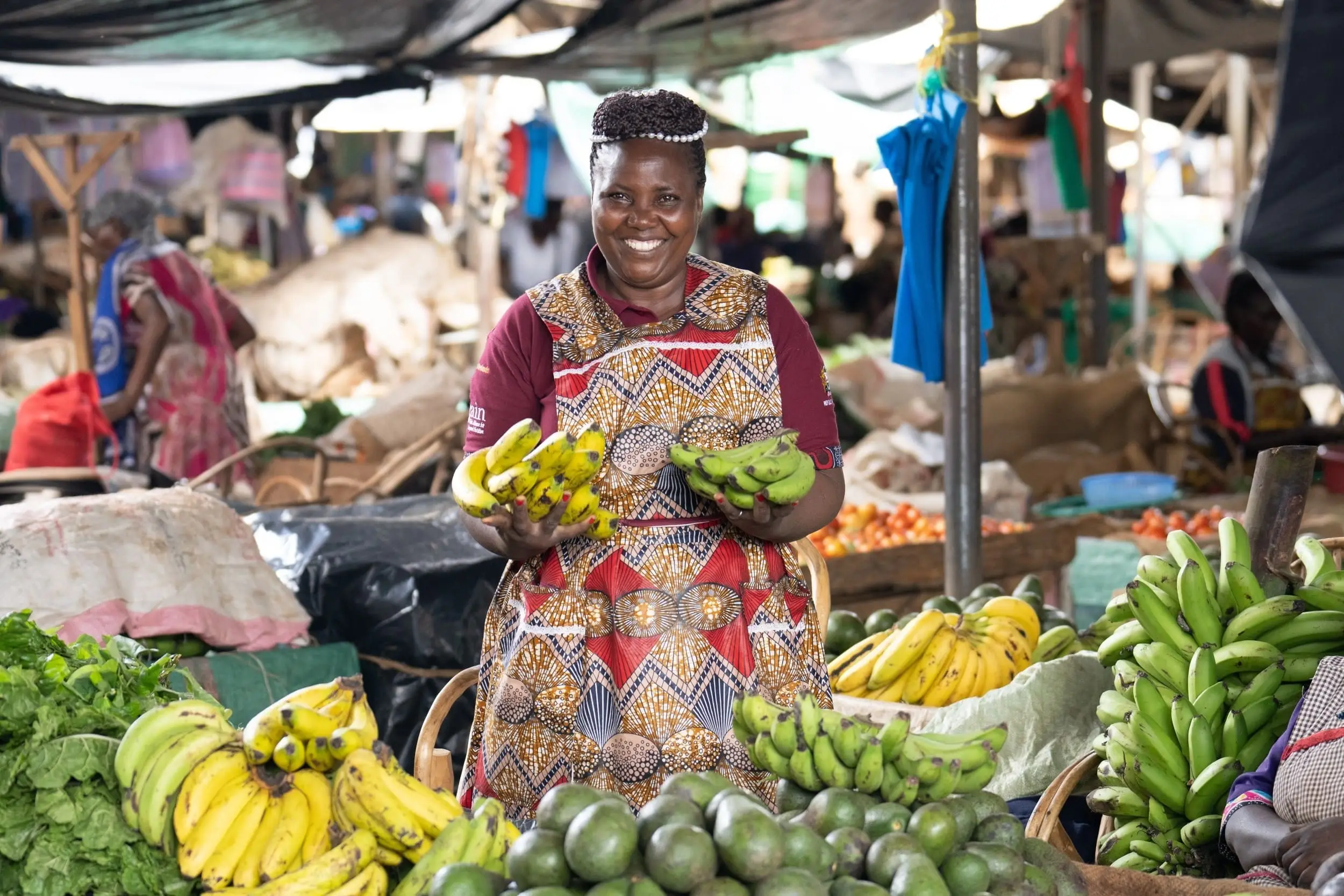By Dr. Margaret Wagah
Kenya’s food systems are at a critical crossroads, facing an array of challenges that undermine both public health and economic stability. Around half of Kenya’s population faces challenges with adequate nutrition, and rising rates of stunting and obesity among children and adults alike, there is an urgent need to address these issues through comprehensive reforms and innovative solutions.
The policy landscape surrounding food safety and nutrition is fragmented and, despite efforts like the National Food Safety Policy established in 2021, implementation remains weak. A lack of coordination between government agencies has impeded progress, exposing vulnerable communities to nutritional deficiencies and foodborne illnesses. The regulatory framework, based on 19 Acts of Parliament, remains difficult to enforce, particularly in informal and decentralized markets that serve as the primary source of food for many Kenyans.
Informal markets, though crucial for providing affordable food, often operate outside of formal regulations, increasing the risk of contamination and foodborne diseases. Ongoing revisions to the Food and Nutrition Security Policy aim to improve food security through multi-stakeholder engagement, but without data-driven strategies, the root causes of malnutrition are left inadequately addressed. Cultural preferences, economic barriers, and high poverty levels further complicate the picture, as many families cannot afford nutritious food, or lack access to it due to structural inequities.
Solving these problems requires coordinated and innovative efforts that can address the complexity of Kenya’s food systems. Kenya’s Food Systems Profile underscores that malnutrition, food safety concerns, and economic barriers to healthy eating, are all interconnected. This is where a fresh approach to food systems transformation becomes vital.
The Dietary Shifts (DISH) Competition 2024 organised by GAIN, EAT, FOLU and Nutrition Connect, across Kenya, is a key initiative that integrates seamlessly into this narrative, offering a platform for stakeholders from various sectors to propose solutions aimed at addressing these deep- rooted issues. By encouraging local innovations that are aligned with national dietary guidelines and tailored to Kenya’s unique context, DISH serves as a catalyst for systemic change. It provides an opportunity for collaboration between government, the private sector, and civil society to drive sustainable, long term improvements in food safety, nutrition, and access.
Participants in the competition will collaborate with experts from diverse backgrounds—government officials, private sector leaders, and civil society advocates—to develop strategies that can effectively shift dietary patterns towards healthier options. This collaborative approach is essential for creating an environment conducive to real change across the food system.
To achieve lasting transformation of Kenya’s food systems, several key recommendations should be pursued. First, regulatory capacity must be strengthened, with a focus on enhancing the enforcement capabilities of regulatory bodies. This will ensure compliance with food safety standards, especially in informal markets. Second, integrating public policy with private sector innovation will foster sustainable solutions. Finally, inclusive policy-making that involves farmers, consumers, and community leaders will be crucial for ensuring policies reflect the needs and realities of all Kenyans.
As Kenya continues to review its National Food and Nutrition Security Policy, we must go beyond the goal of ‘zero hunger’ and aim for healthier, more nutritious diets for all. By embracing innovation,
inclusivity, and data-driven decision-making, Kenya is making clear strides toward building food systems that are resilient and capable of ensuring better health and nutrition for everyone. The DISH Competition plays a pivotal role in this transformation, providing both a platform for collaboration and as a catalyst for collective action—elements that are essential in addressing the multifaceted challenges facing Kenya’s food systems today.
In conclusion, comprehensive policy reform and collaborative initiatives are not just necessary, they are vital for the well-being of millions of Kenyans who depend on a robust food system for survival. Recent initiatives, such as the Kenya Food Systems and Land Use Action Plan 2024-2030, provide a roadmap toward a more sustainable future, emphasizing inclusivity and innovation. The time for action is now; together, we can build resilient food systems that guarantee better health and nutrition for all Kenyans, while safeguarding their future against climactic and economic challenges. For more information also visit the DISH page at https://nutritionconnect.org/dish.
The author is a Nutritionist & Food Systems Policy Expert.



